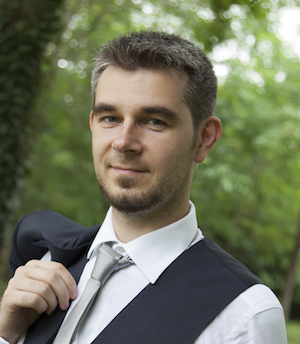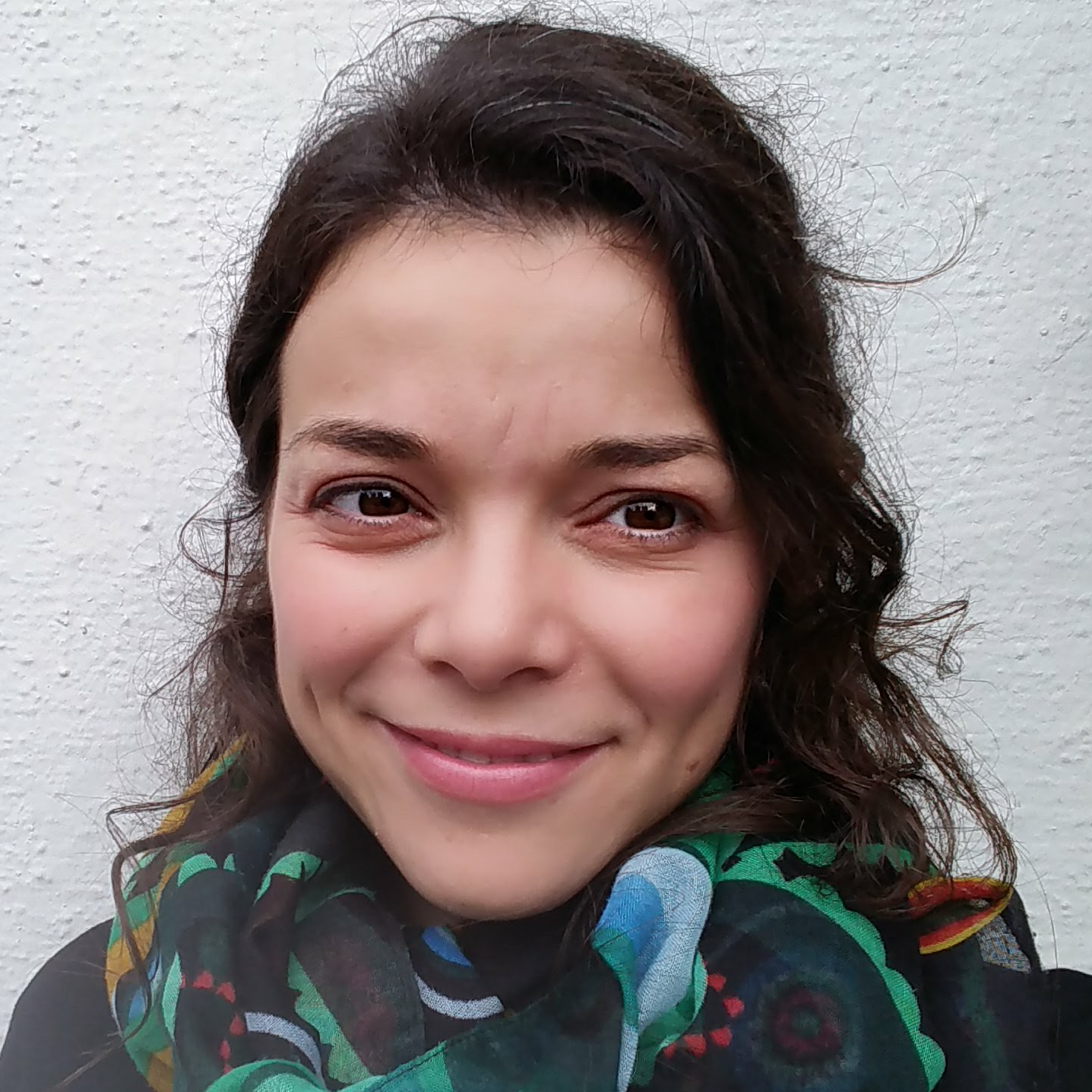Keynote Speaker
Alyssa Simpson Rochwerger
Figure Eight
Reality check: How businesses are using Human In the Loop processes to drive real value
Artificial Intelligence - everyone is talking about it but who is actually doing it (and generating business results). This session takes an industry by industry perspective on true AI adoption, disambiguating the hype from the reality, the theoretical from the practical and the research labs from Return Of Investment. Alyssa will showcase companies getting actual real value from leveraging AI and discuss ideas around how any company, from SMB to enterprise, can use AI within their own business and industry.
Program
- 09:00-10:00 Keynote Alyssa Simpson Rochwerger, Figure Eight Reality check: How businesses are using Human In the Loop processes to drive real value
- 10:00-10:20
- 10:20-10:30
- 10:30-11:00 Coffee Break
- 11:00-11:20
- 11:20-11:40
- 11:40-12:00
- 12:00-12:20
Important Dates
- Abstract submission: asap before paper deadline
- Paper submission deadline: 1 June 2018
- Author notification: 27 June 2018
- Early-bird registrations deadline: 29 June 2018
- Final version deadline: 24 July 2018
- Workshop date: 9 October 2018
Call for Contributions
Topics
- Human Factors:
- Humancomputer cooperative work
- Mobile crowdsourcing applications
- Human Factors in Crowdsourcing
- Social computing
- Ethics of Crowdsourcing
- Gamification techniques
- Data Collection:
- Data annotations task design
- Data collection for specific domains (e.g. with privacy constraints)
- Data privacy
- Multilinguality aspects
- Machine Learning:
- Dealing with sparse and noisy annotated data
- Crowdsourcing for Active Learning
- Statistics and learning theory
- Applications:
- Healthcare
- NLP technologies
- Translation
- Data quality control
- Sentiment analysis
All submissions must be written in English. We accept the following formats of submissions:
- Full paper with a maximum of 12 pages including references.
- Short paper with a maximum of 6 pages including references.
Two formats are possible for the submission: PDF and HTML. PDF submissions must be formatted according to the information for LNCS Authors (http://www.springer.com/computer/lncs?SGWID=0-164-6-793341-0.). We would like to encourage you to submit your paper as HTML, in which case you need to submit a zip archive containing an HTML file and all used resources. If you are new to HTML submission these are good places to start:
- dokieli is a clientside editor for decentralised article publishing, annotations and social interactions. It is compliant with the Linked Research initiative. Example papers using LNCS and ACM: http://csarven.ca/dokieli-rww and on website https://dokie.li/.
- Research Articles in Simplified HTML (RASH) format: documentation and stylesheets at https://github.com/essepuntato/rash
In order to check if your HTML submission is compliant with the page limit constraint, please use one of the LNCS layouts and printing/storing it as PDF. Please submit your contributions electronically in PDF or HTML format to EasyChair Accepted papers will be published online via CEUR-WS.
Program Committee
- Michele Catasta, Stanford University
- Irene Celino, CEFRIEL
- Alessandro Checco, University of Sheffield
- Anni Coden, IBM Research
- Philippe Cudre-Mauroux, University of Fribourg
- Djellel E. Difallah, NYU Center for Data Science
- Anca Dumitrache, VU University Amsterdam
- Giorgio Maria Di Nunzio, University of Padova
- Ujwal Gadiraju, L3S Research Center
- Daniel F. Gruhl, IBM Research
- Oana Inel, VU University Amsterdam
- Ismini Lourentzou, University of Illinois at Urbana - Champaign
- Silvio Peroni, University of Bologna
- Marta Sabou, Vienna University of Technology
- Cristina Sarasua, University of Zurich
- Maja Vukovic, IBM Research
- Jie Yang, University of Fribourg
- Amrapali Zaveri, Maastricht University




